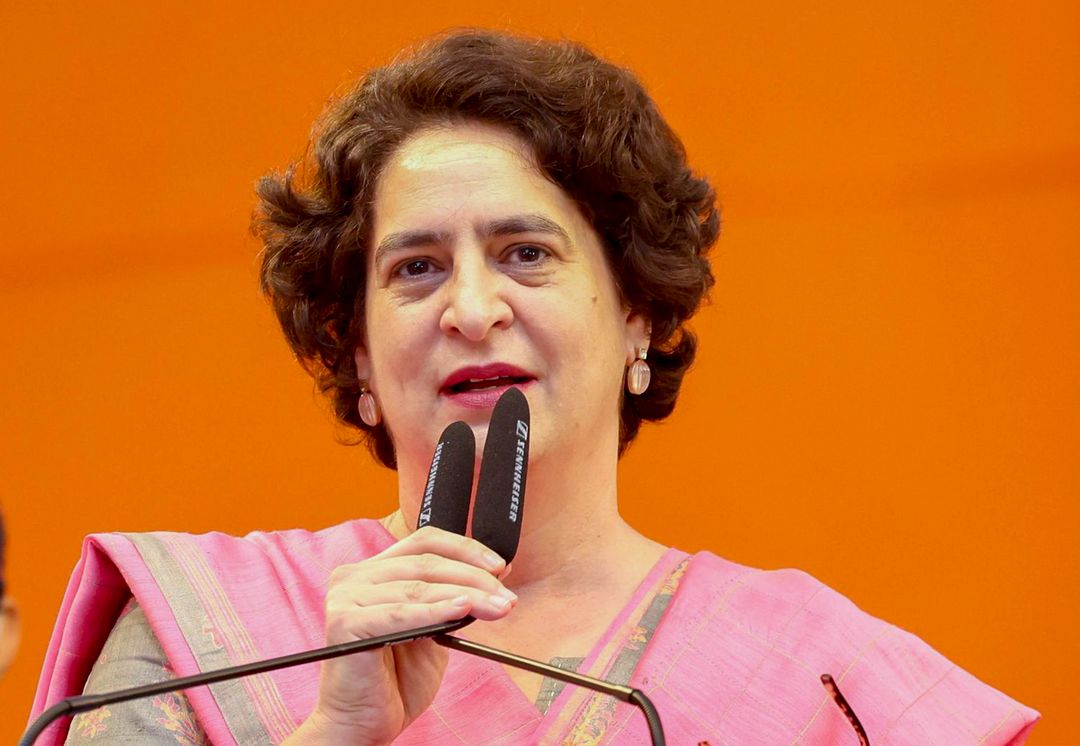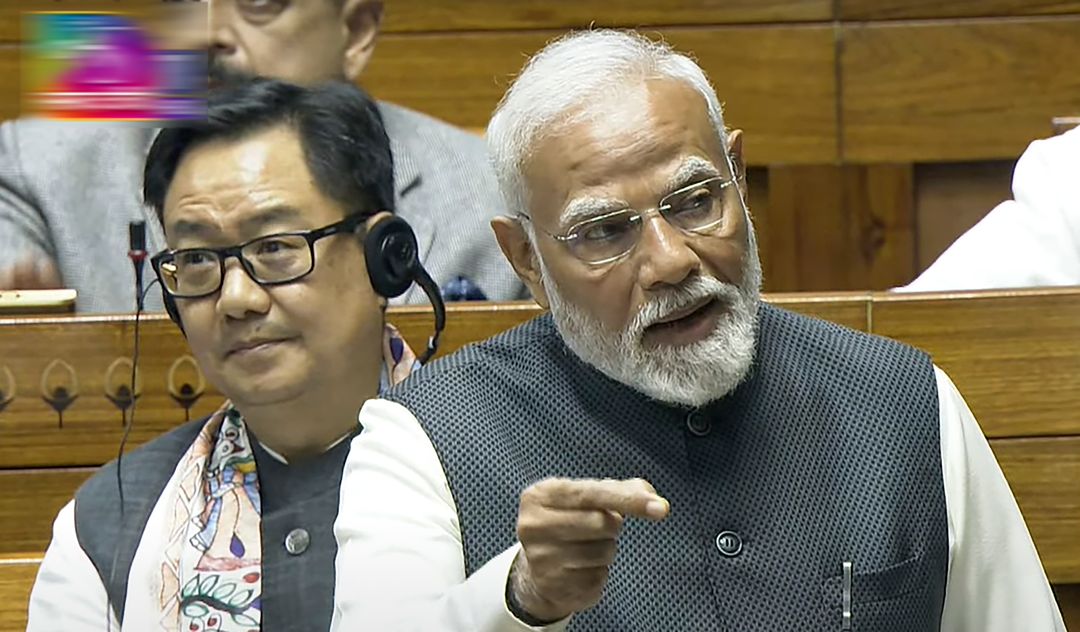New Delhi, Feb 3 (PTI) – Congress leader Priyanka Gandhi Vadra on Monday lauded Leader of Opposition Rahul Gandhi’s speech in the Lok Sabha, describing it as an exemplary address that laid out a vision for India's future.
During his speech, Rahul Gandhi criticized Prime Minister Narendra Modi's Make in India initiative, claiming it had failed to deliver on its promises. He presented an alternative roadmap for India's progress, emphasizing greater participation of Dalits, tribals, and OBCs. He also highlighted the need for an energy and mobility revolution that could surpass China’s advancements.
Speaking to reporters after the session, Priyanka Gandhi praised her brother’s approach, stating, "Since I have come into Parliament, I have heard many speeches of different kinds. This is how a leader should speak—offering a vision for the country, explaining the future direction, rising above political disputes, and speaking for the nation."
Congress MP Shashi Tharoor echoed her sentiments, calling Rahul Gandhi’s address a crucial contribution that provided an alternative vision. "He did not simply counter the President’s address point by point. Instead, he outlined a new path the Opposition would take for the nation’s future. It was a refreshingly different approach, and I don’t think anyone expected it," Tharoor remarked.
Tharoor also noted the significance of Prime Minister Modi's presence during the speech, saying, "It was a good gesture that the PM was there to listen. Many in the government will have to reflect on the issues Rahul Gandhi raised and consider their responses carefully."
Congress MP Karti Chidambaram, son of former Union Finance Minister P. Chidambaram, also praised the speech, describing it as "well-delivered and measured." He highlighted unemployment as the key issue addressed in the speech, stating, "To tackle this crisis, we must focus on boosting production and manufacturing. His speech provides a solid prescription for the government to consider and act upon."
Rahul Gandhi’s speech has sparked discussions within political circles, positioning it as a strategic move by the Opposition to challenge the ruling government’s economic policies and governance strategies.
Last updated by a enewsx:


